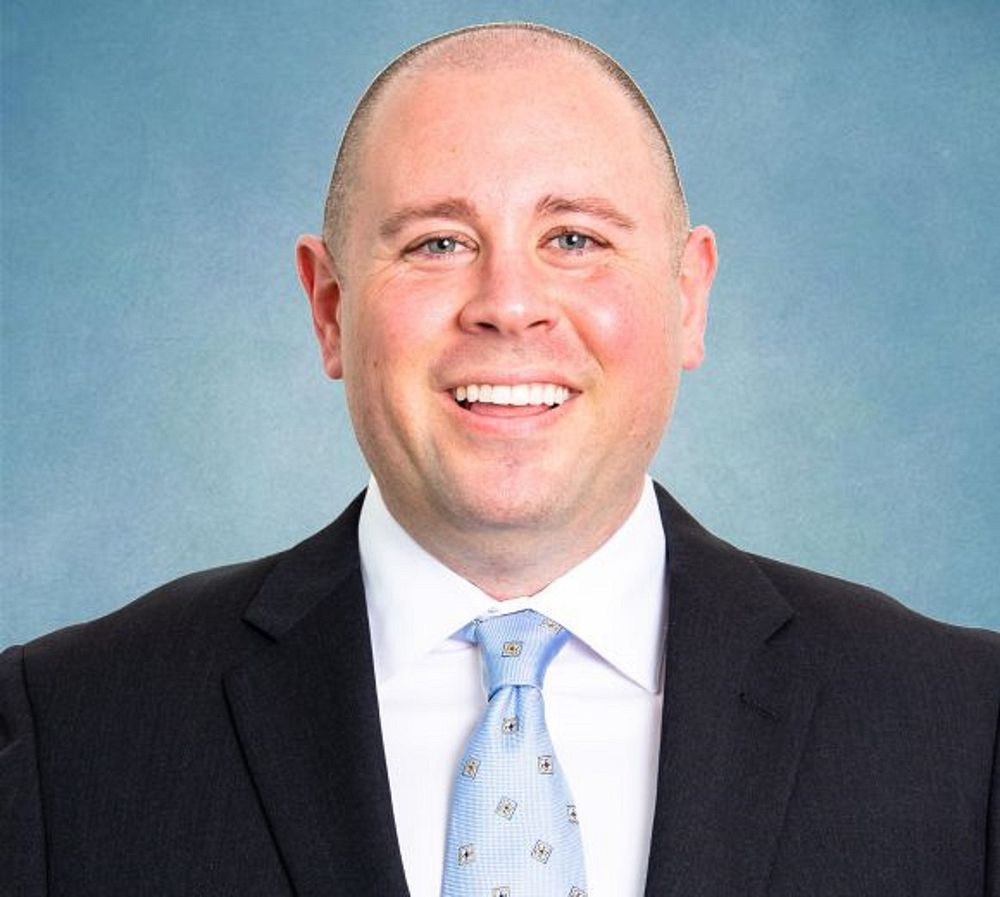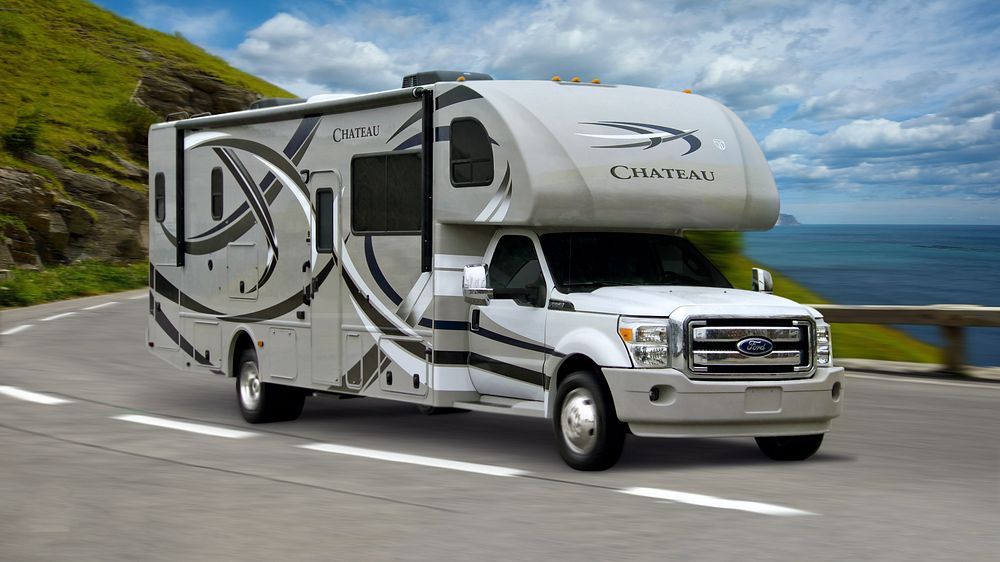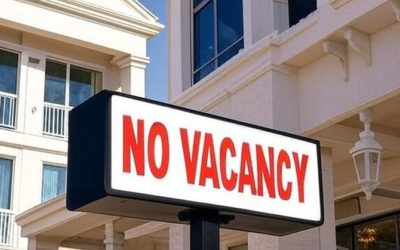Security clearance expert Sean Bigley examines the unexpected relationship between timeshare ownership and failed security clearance in the USA.
Security clearance
Americans working in a job that has even remote connection with national security require a security clearance. This can mean working in or with the military, or federal government. Nobody would be surprised to hear that executive level jobs would need clearance, but similar requirements often extend down to librarians and IT administrators.

Private organisations who work with the government routinely need clearance. Research organisations, think tanks and anyone with a federal grant or contract is likely to need a background check.
Altogether an estimated 4.3 million Americans require an official security clearance for their work.
Timeshare owner clearance failures
Sean Bigley is a retired lawyer who specialised in security clearance cases, representing clients in every aspect of the process, including applications, revocations, denials and appeals.
Sean reports on his website that: “year after year, across nearly every federal agency, financial problems far surpass every other category of adjudicative issue as the top reason for security clearance denials and revocations”. He goes on to reveal that “a whole lot of those cases involve, you guessed it: timeshares and man-toys* (such as boats and RV’s).”
*Sean uses the term ‘man-toys’ because as he points out: “‘woman-toys’ sounds awkward and ‘adult-toys’ has a different connotation.”

Bigley is quick to admit that the relationship between timeshare ownership and clearance revocations is co-relational rather than causal. Eg: buying a timeshare does not, in and of itself, make anyone a security risk. Sean says that “there is nothing objectively wrong with buying a timeshare. Or a recreational vehicle (RV). Or a boat.”
“I don’t personally think any of those things are smart investments, but if that’s your jam, you do you.”
So why timeshare owners?
Bigley’s decade of representing security clearance clients convinces him that, “there is a certain personality type that tends to be drawn in by timeshare pitches, and gravitate toward boats and RV’s. It’s what I would best describe as the live-and-let-live type. And unfortunately, they often take the same carefree attitude toward paying their bills.”

Sean invites anyone who wants to see this effect for themselves to type the words ‘timeshare,’ ‘recreational vehicle’, or ‘boat’ into the case search function on the Defense Office of Hearings and Appeals (DOHA) website.
The pattern Sean Bigley describes is that a person buying any of these three items often underestimates the expense involved and fails to pay their bills, either for initial purchase or for upkeep. This ends up in the protagonist’s credit rating taking a beating and legal processes being enacted against them. Subsequently government attorneys portray the applicant as reckless and irresponsible, urging the judge to cancel, revoke or otherwise refuse a security clearance.
Unexpected timeshare expenses
It’s common knowledge that boats are a poor financial investment. Informed sources agree that you should expect to pay 10% of a boat’s purchase price per year in upkeep and other costs, on top of the severe depreciation in value. Similar logic can be applied to RVs. You have all the expenses and challenges of owning a vehicle, coupled with all those of running a small home.
Timeshare owners also buy something that immediately depreciates in value. In fact a timeshare that costs tens of thousands of dollars/pounds is often then worth literally nothing on the resale market.
It can’t be sold because other people don’t want to take on the financial burden of owning that membership. To escape a timeshare contract, usually you have to retain the services of experts.
Most people who buy timeshares do so on credit which is arranged by the resort. This arrangement up to doubles the total outlay.
The upkeep costs of a timeshare are high. It often costs more in annual fees than it costs a non-owner to stay in the same standard (even literally the same complex). The timeshare owner is committed to paying, whether they vacation or not. And the resort is allowed to raise the costs by as much as they want, as often as they want. There are also multiple further hidden costs such as exchange fees, fees to alter your usage in any way and even special levies.
Timeshare ownership makes so little pecuniary sense that a fortune needs to be spent on marketing, driving customer acquisition costs to an average $5075. Extremely sophisticated high pressure sales operations, accounting for up to 80% of the purchase price are then necessary to convince people to spend money on something that experts agree goes against the buyer’s financial interests.
Sean Bigley’s experience tells him that there is a certain personality type that is more likely to fall for the sales patter. And those tendencies are a strong marker for financial irresponsibility.
“Here at ECC, we are of the opinion that timeshare sales tactics are so skilled that anyone at all can fall for them,” comments Greg Wilson, CEO of European Consumer Claims. “The best strategy is not to accept the generous marketing offers of free holidays and theme park tickets when they are offered.”

“As the saying goes: ‘you get nothing for nothing in this life.'”
I bought a timeshare. How do I get out?
If you have been sold a timeshare membership that you now regret buying, help is at hand.
Get in touch with our team to discuss your options. We can help.


